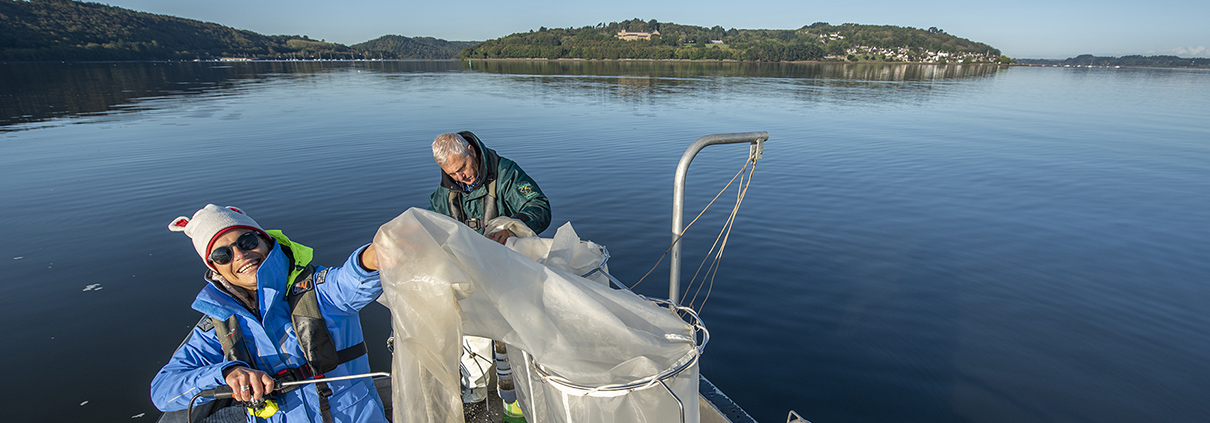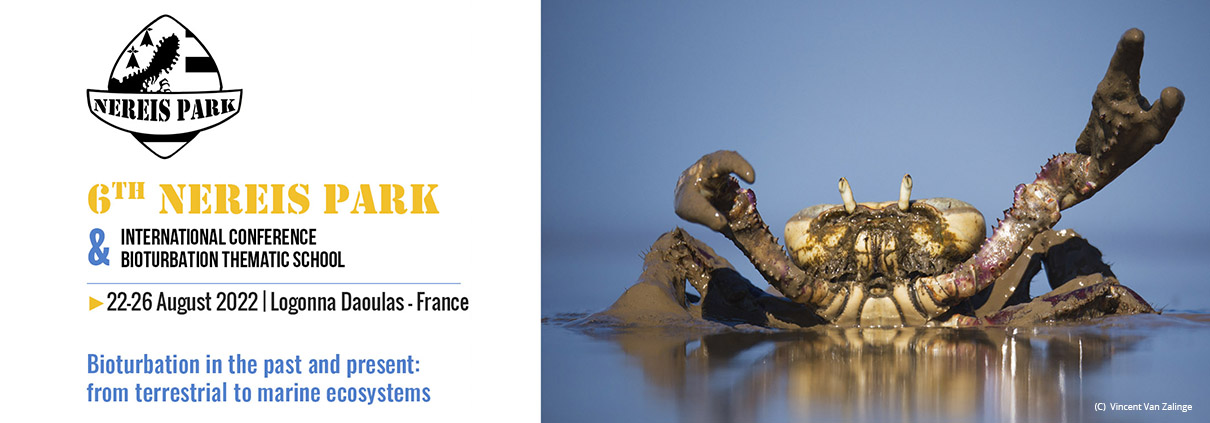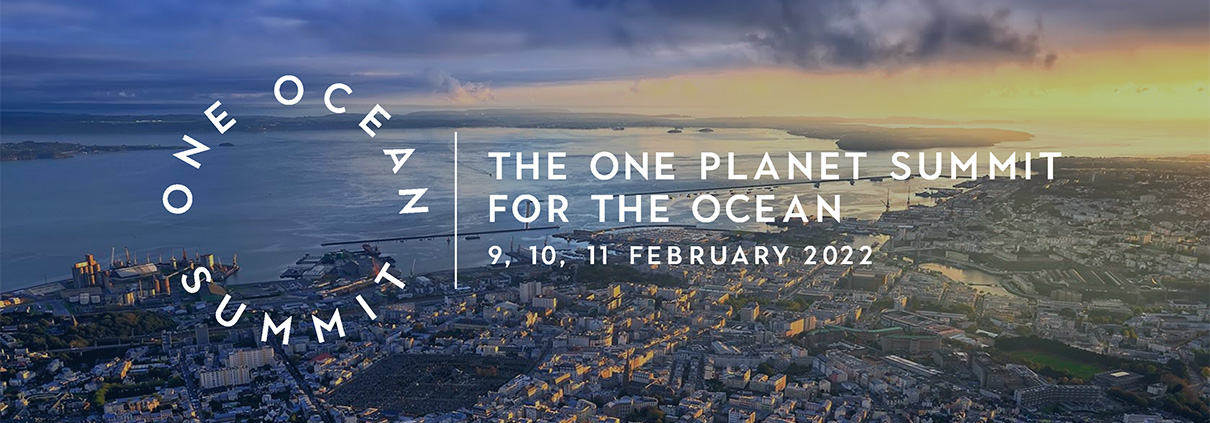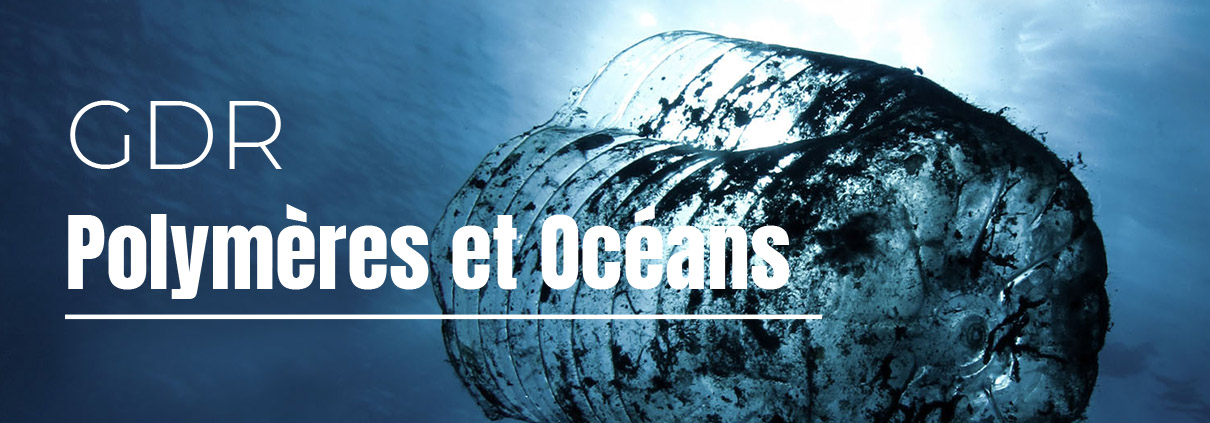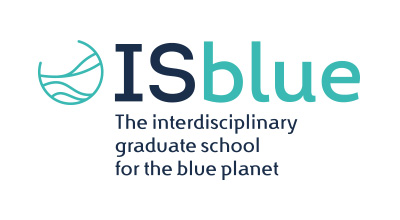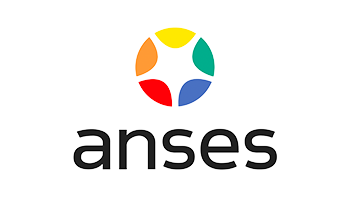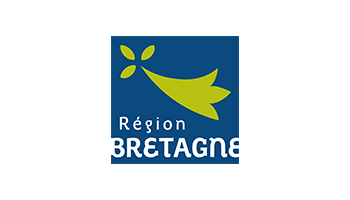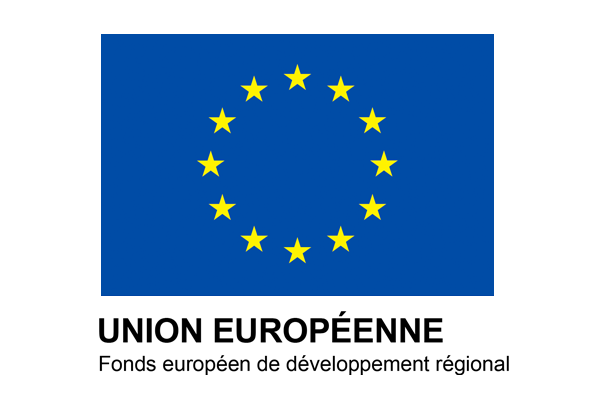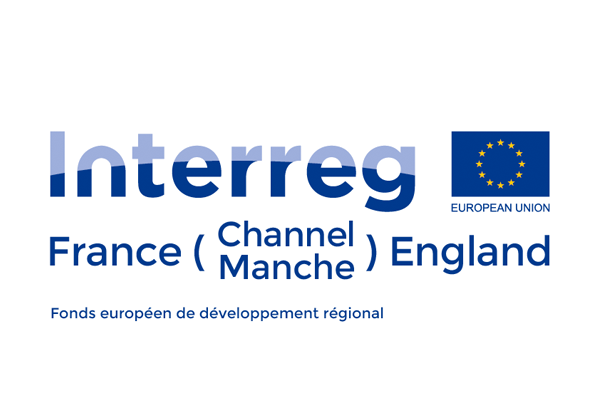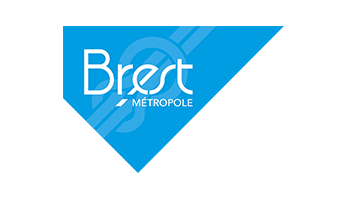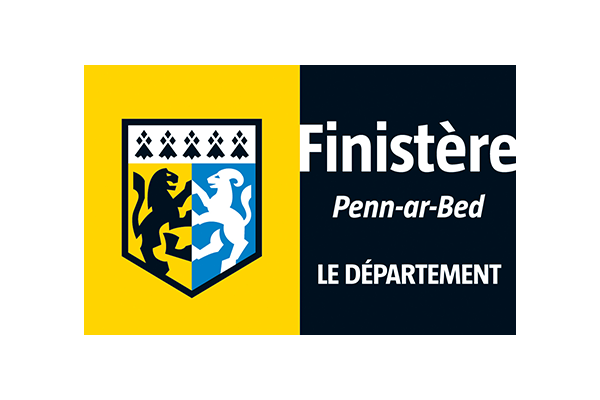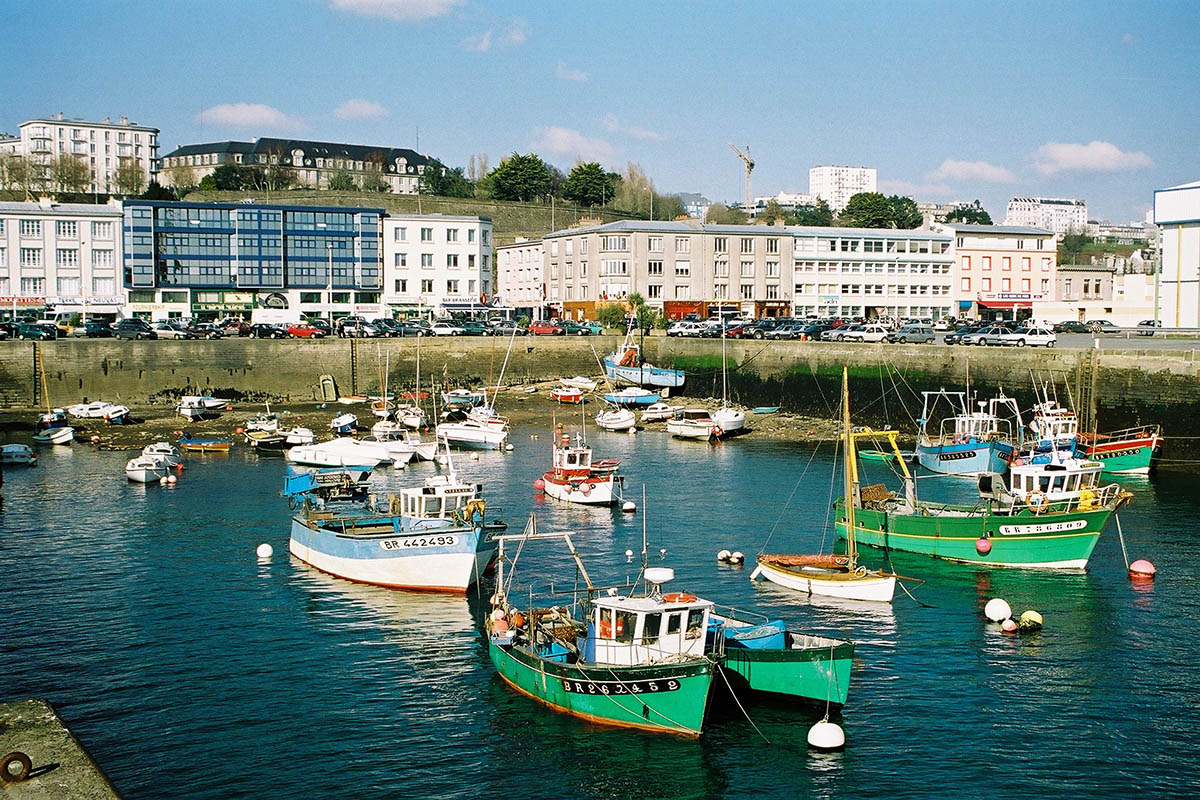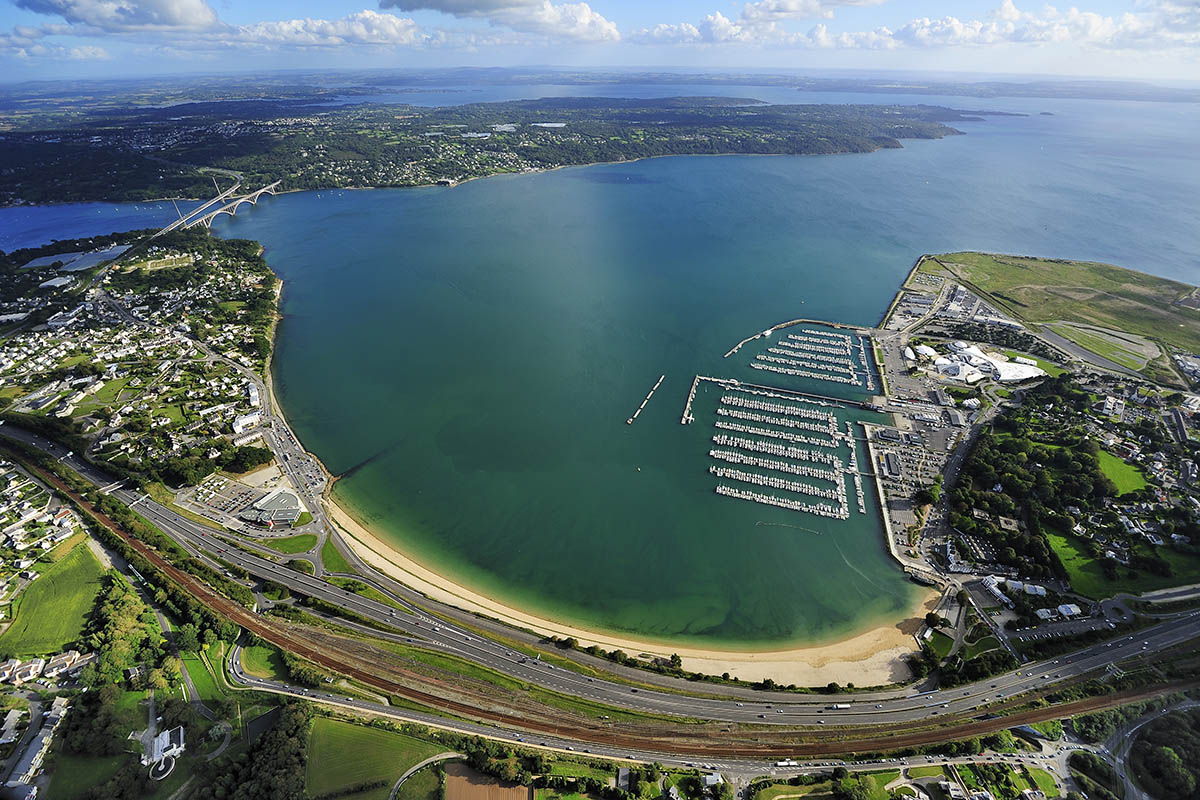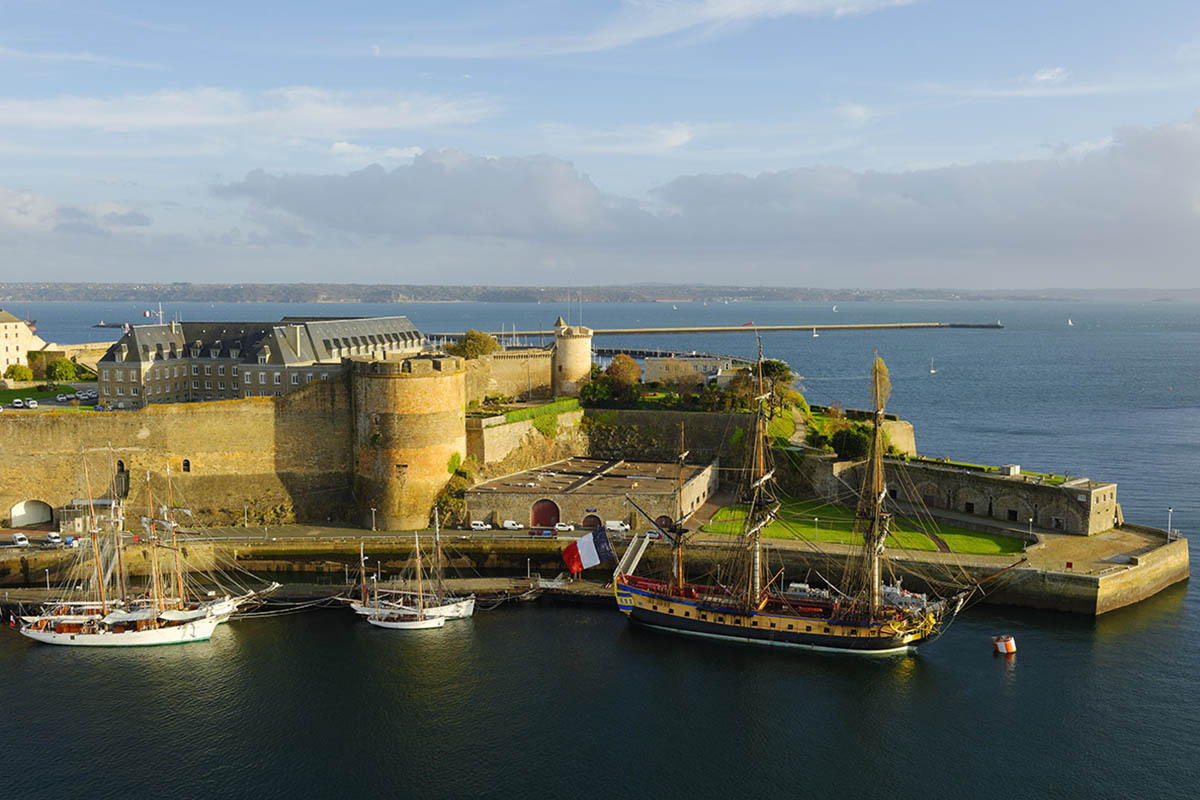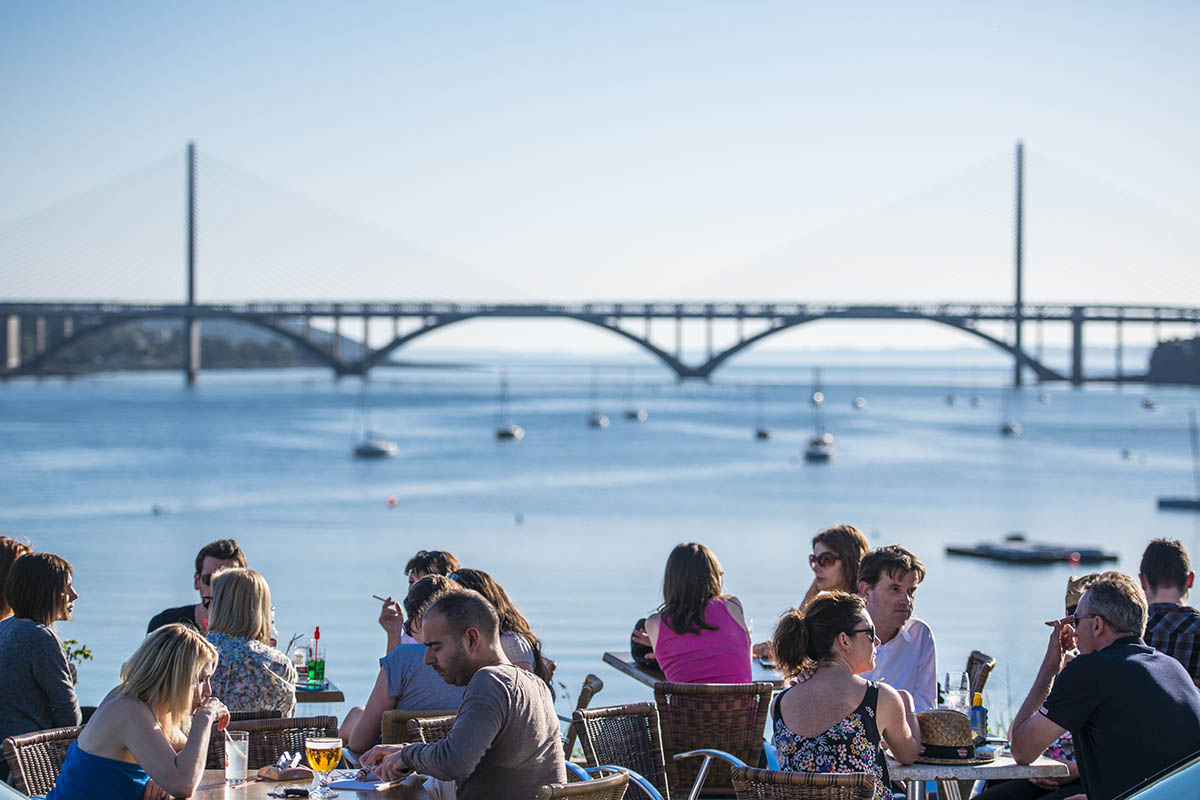PPP, February 2022 update
1/ Monitoring contamination in coastal areas
Every 6 months, we carry out a sampling campaign of floating debris in the bay of Douarnenez and the roadstead of Brest, 2 of the 7 pilot areas of the PPP project. Four campaigns have already been carried out using a double neuston net with a mesh size of 335µm. In addition, in Brest harbour, a campaign of simultaneous sampling of floating microplastics (surface) and neutrally buoyant microplastics (water column) on 335 and 80 µm mesh. The purpose of these samples is to compare contamination levels according to the size of the particles sampled. The 80µm mesh is also used to better estimate the ecological risks, as the smallest microplastics are more bioavailable to enter the food chain. The samples, once brought back to the laboratory, are completely sorted by hand, digested, filtered and photographed before undergoing FTIR spectral analysis to define their nature and, when plastic, the polymer. This will be used to feed a database common to the 7 pilot sites. Finally, LEMAR also supports the “Objective Plankton” participatory science days organised by Océanopolis in Brest harbour. This day, organised 3 times a year, allows the collection of plankton and microplastic samples from several simultaneous points in the Brest roadstead, constituting a unique data set, while raising awareness among yachtsmen about the issues of plastic pollution and global warming.
2/ Ecological impact study
The first scientific paper just published in the Journal of Hazardous Materials (Figure 1) studied the developmental impacts in oysters of chemical desorption of rubbers. Indeed, among the diversity of plastic wastes emitted in the environment, rubber represents a significant part of the contamination with specific chemical signatures. We studied the chemical toxicity of three types of rubber objects: tyres, granules from the recycling of tyres for synthetic sports fields and oyster elastics. These three types of object in their “new” form emitted chemical compounds that reduced the embryonic development success of the oyster in connection with higher additive contents compared to used objects. The strongest effects were observed when exposed to the chemical compounds emitted by the new oyster elastics. These also decreased the survival of oyster sperm, thereby reducing their fertilisation success.
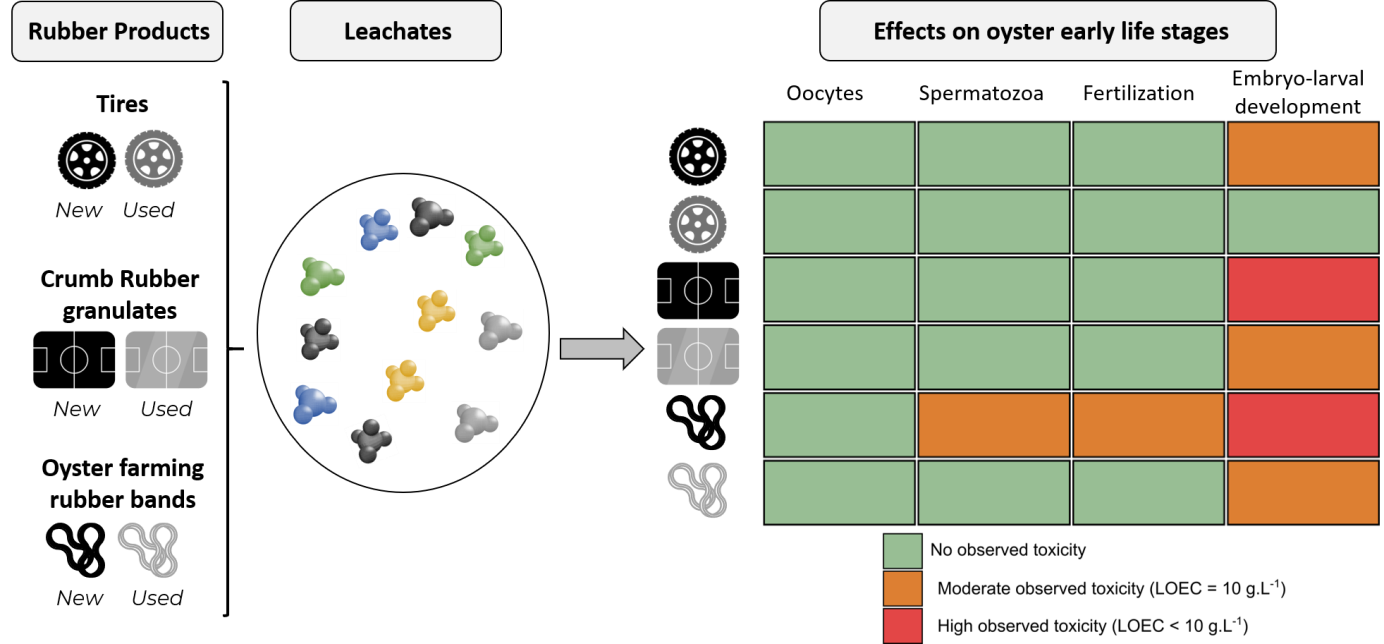
Figure 1. Graphical summary of the results of the experiment that evaluated the developmental impacts of chemical molecules released from 3 types of new and used rubbers on young oyster life stages.
3/ Sobriety, sorting and recycling of plastics
PPP is also a formidable accelerator within our Institutes of the implementation of actions aimed at reducing the use of plastic and sorting and recycling the plastic waste produced. For example, the installation of 12 sorting islands (37 baskets in total) for the recycling of plastic bottles and PET flasks has been set up at IUEM after having been tested at Ifremer, as well as the collection and recovery of cigarette butts. A methodology for the reduction of laboratory plastics and the collection of unsoiled laboratory plastic waste is being tested. For example, 30kg of plastics were collected during 1 month by 15 IUEM labs and the first shipment of unsoiled laboratory plastics collected for the Ifremer part of the Lemar (more than 6kg) was sent to the company Rehab based in Concarneau to carry out tests on shredding our collected plastics to design plates for furniture. A working group for the elaboration of a “plastic-free” charter for all the events and convivial moments taking place in our institutes has also been set up.
4/ Science and society
Because transformational change also involves society and especially the new generation, Lemar is strongly involved in scientific mediation actions towards the general public and schoolchildren. Numerous educational events were held in 2021 for primary, secondary and high schools, either as interventions in these establishments or during events such as the Art’Pulseur festival or Plastic Hackaton organised by Océanopolis, stands at public events (Researchers’ Night, Science Festival, Plastic Odyssey event in Brest, Tour de France), round tables (e.g. Popular University of Biodiversity in Tours) or conferences for the general public (Heritage Days in Carantec, Sustainable Development Week in Granville).
For the stands, we have created two workshops, one entitled oysters-microplastics (Figure 2) which aims to offer pupils a scientific approach by showing the ingestion of small microplastics by shellfish, making it possible to explain their toxicity; and the second, with games and materials on the transfer of species by microplastics, in particular harmful species, questioning the possible transfer of disease by microplastics to marine animals.
To be seen or read with local implications: the production of a “Carte Blanche” article in the magazine Science Ouest entitled “Plastic pollution: a local approach to a global problem? The documentary “Dear Plastic, a toxic love story” directed by Dorothée Adam.
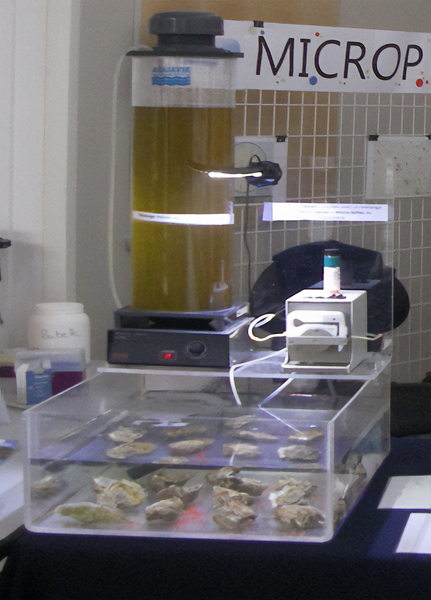
Figure 2. Photograph of the workshop: oysters are in seawater (transparent tank) fed by microalgae (coloured cylinder) and exposed to red-orange polyethylene microplastics. Copyright C. Lambert/CNRS.

